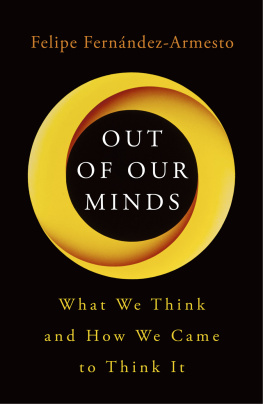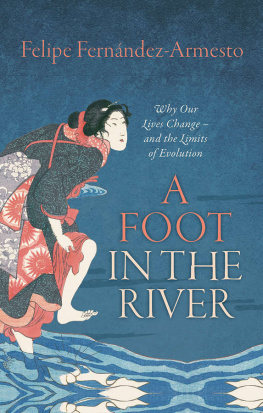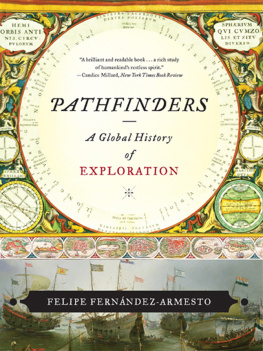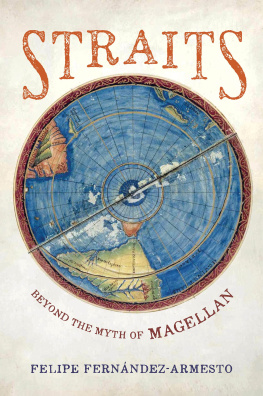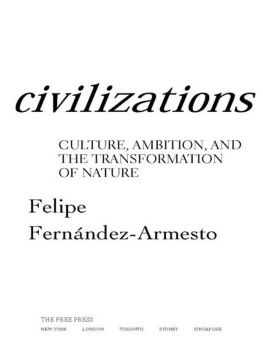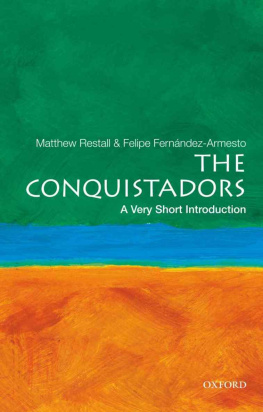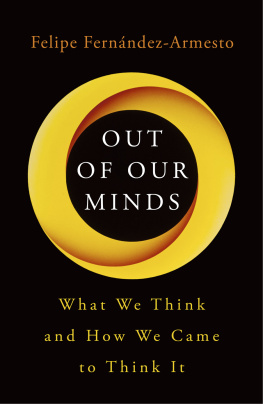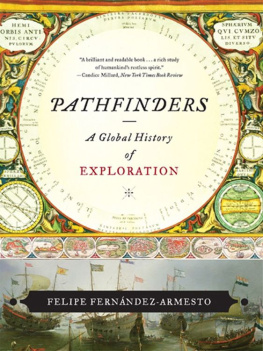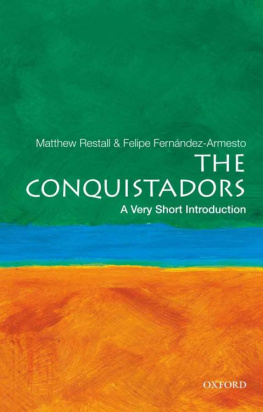And as thought is imperishable as it leaves its stamp behind it in the natural world even when the thinker has passed out of this world so the thought of the living may have power to rouse up and revive the thoughts of the dead such as those thoughts were in life
E. Bulwer-Lytton
The Haunted and the Haunters
What is Mind? No matter.
What is Matter? Never mind.
Preface
The thoughts that come out of our minds can make us seem out of our minds.
Some of our most potent ideas reach beyond reason, received wisdom, and common sense. They lurk at chthonic levels, emerging from scientifically inaccessible, rationally unfathomable recesses. Bad memories distort them. So do warped understanding, maddening experience, magical fantasies, and sheer delusion. The history of ideas is patched with crazy paving. Is there a straight way through it a single story that allows for all the tensions and contradictions and yet makes sense?
The effort to find one is worthwhile because ideas are the starting point of everything else in history. They shape the world we inhabit. Outside our control, impersonal forces set limits to what we can do: evolution, climate, heredity, chaos, the random mutations of microbes, the seismic convulsions of the Earth. But they cannot stop us reimagining our world and labouring to realize what we imagine. Ideas are more robust than anything organic. You can blast, burn, and bury thinkers, but their thoughts endure.
To understand our present and unlock possible futures, we need true accounts of what we think and of how and why we think it: the cognitive processes that trigger the reimaginings we call ideas; the individuals, schools, traditions, and networks that transmit them; the external influences from culture and nature that colour, condition, and tweak them. This book is an attempt to provide such an account. It is not meant to be comprehensive. It deals only with ideas from the past that are still around today, forming and informing our world, making and misleading it. By ideas I mean thoughts that are products of imagination exceeding experience and excelling mere anticipation. They are different from ordinary thoughts not only because they are new but because they involve seeing what has never before been seen. Those covered in this book may take the form of visions or inspiration, but are different from mental trips incoherent transports or ecstasies or mental music (unless or until words are set to it) because they constitute models for changing the world. My subtitle, including What We Think, is meant seriously. Some historians will call this presentism and deplore it, but I use it only as a principle of selection, not a lens through which to refract light from the past to fit the present. To avoid misunderstanding, I may have to say that by speaking of what we think I do not mean to refer to all the mental occurrences or processes we call thoughts only to the ideas from the past that we still think about: what we think in the sense of the mental armoury we have inherited for confronting enduring or new problems. We, to whom I refer, are not everyone. By using the word I mean to invoke ideas that have appealed beyond their places of origins and have been adopted by all or nearly all over the world, in all or nearly all cultures. They have dissenters as well as adherents, but you cannot dissent from an idea you have not thought about. Many, perhaps most people, are barely aware of and utterly uninterested in most of the selected ideas, which, however, are part of the background of shared wisdom or folly against which even the indifferent lead their lives.
In three respects, mine is unlike any previous writers attempt to narrate the history of ideas. First, I include the underexplored problem of how and why we have ideas in the first place: why, by comparison with other, selectively similar animals, our imaginations bristle with so many novelties, probe so far beyond experience, and picture so many different versions of reality. I try to use revelations from cognitive science to expose the faculties that make us, among comparable species, exceptionally productive of ideas. Readers uninterested in theoretical pourparlers can skip to .
Second, instead of following the usual routine and relying only on written records, I start the story in deep layers of evidence, reconstructing thoughts of our Palaeolithic ancestors and even, in the limited degree the sources permit, reaching for ideas that came out of the minds of cognate or preceding species of hominins and hominids. Among revelations that will, I hope, surprise most readers are: the antiquity of much of the toolkit of ideas on which we rely; the subtlety and profundity of the thinking of early Homo sapiens ; and how little we have added to the stock of ideas we inherited from the remote past.
Finally, I depart from the convention of writing the history of ideas as if it were a parade of the thoughts of individual thinkers. I cannot avoid mentioning Confucius and Christ, Einstein and Epicurus, Darwin and Diogenes. But in this book, the disembodied ideas are the heroes and the villains. I try to follow their migrations in and out of the minds that conceived and received them. I do not think that ideas are autonomous. On the contrary, they do not because they cannot operate outside minds. But they seem intelligible to me only if we acknowledge that genius is just part of the systems that encourage them, and that circumstances, cultural contexts, and environmental constraints, as well as people, play their parts in the story. And I am interested as much in the transmission of ideas, through media that sometimes pollute and mutate them, as in their parturition which is never immaculate.

